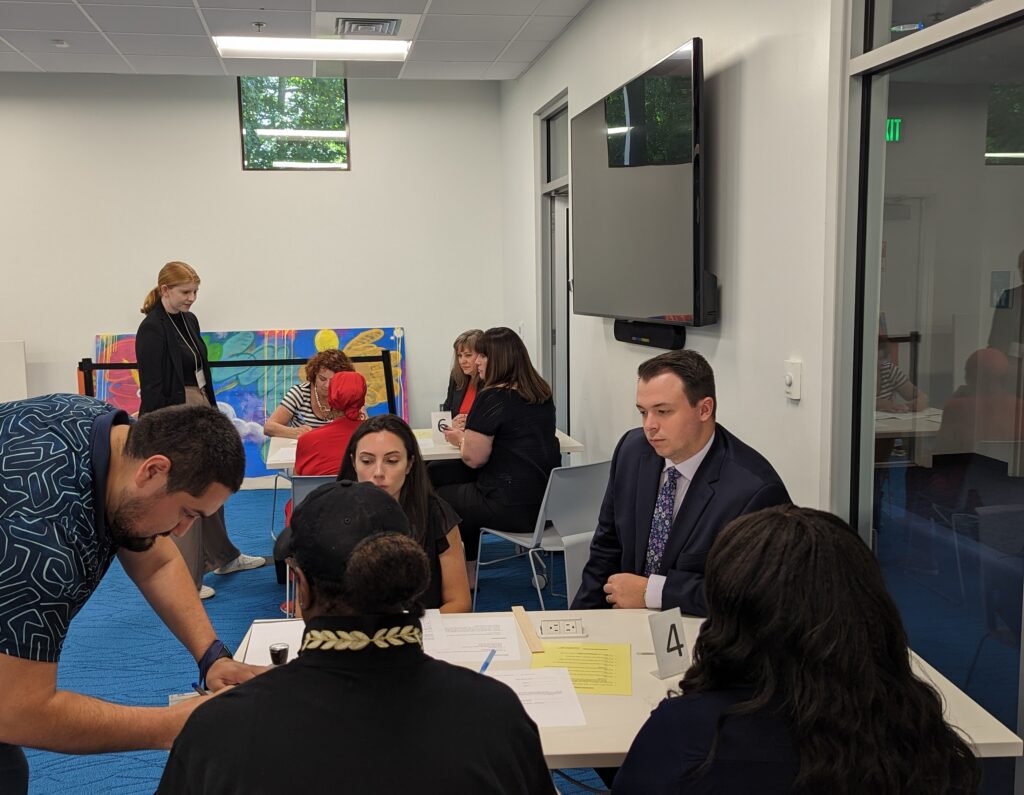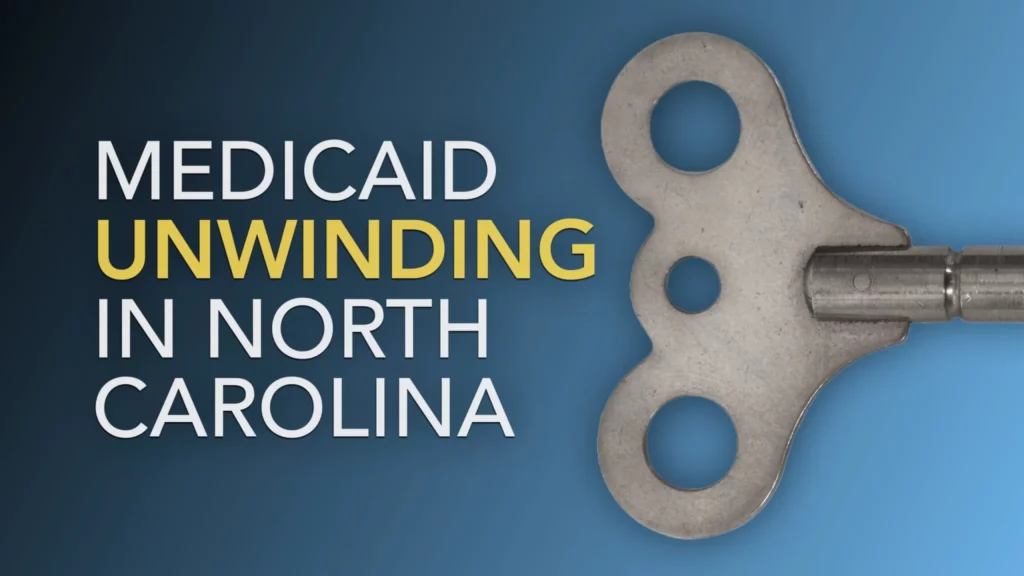
¿Qué es el límite de tiempo de tres meses?
Empezando en julio 1, 2023, si usted es menor de 50 años y no vive con niños, solo podrá recibir cupones de alimentos durante tres meses, a menos que esté trabajando o cumpla con alguna excepción.
Excepciones: NO tiene un límite de tiempo si:
- Tiene 50 o más. Es menor de 18 años
- Reside en un hogar con niños, que recibe cupones para alimentos
- Cuenta con un beneficio basado en discapacidad (Seguro Social, SSI, pensión VA, compensación de trabajadores, seguro privado)
- No es apto para trabajar en este momento según criterio médico
- Se encuentra estudiando o tomando clases, al menos media jornada (aplican reglas especiales)
- Está embarazada
- Ha solicitado o recibe beneficios de desempleo
- Se encuentra en un programa de tratamiento de drogas/alcohol o en necesidad de este tratamiento
- No tiene hogar
- Cuida a una persona discapacitada
- No puede trabajar 20 horas a la semana.
- Se aplican algunas otras excepciones
¿Cómo puedo mantener mis cupones de alimentos si el límite de tiempo me aplica?
- Trabajar al menos 20 horas a la semana. Dentro de un trabajo, su propio negocio o en cambio de bienes y/o servicios.
- Ser voluntario 20 horas/semana
- Realizar capacitación laboral a través de DSS 20 horas/semana
- Cualquier combinación de las anteriores sumando hasta 20 horas/semana
Llame a su DSS local si tiene preguntas sobre
El límite de tiempo o si necesita ayuda para demostrar que el límite no le aplica. O si desea encontrar opciones de trabajo voluntario o capacitaciones:

Contacte a una de las siguientes organizaciones mencionadas a continuación
Si sus cupones de alimentos fueron suspendidos o negados, o si desea hablar con un abogado sobre sus derechos.

Preguntas frecuentes:
¿Qué debes hacer si crees que una de estas razones le aplica?
Contacte a su DSS local. Si su trabajador de caso determina que una de estas razones le aplica, no será necesario que siga estas Reglas de Límite de Tiempo. Es posible que se requiera evidencia de una excepción o el cumplimiento de los requisitos de trabajo. En tal caso, tiene el derecho de solicitar que el DSS le ayude a recopilar pruebas.
¿Qué sucede si tuve una buena razón para no trabajar?
Si tuvo una “buena causa” para trabajar menos de 20 horas/semana, el DSS no debería terminar sus cupones de alimentos. Buenas causas para no cumplir con las horas de trabajo incluyen enfermedad, problemas de transporte o mal tiempo que haya cerrado el lugar de trabajo. El DSS solicitará pruebas de la buena causa.
¿Qué sucede si mis beneficios de cupones de alimentos se reducen o terminan debido al límite de tiempo pero no debería haberse terminado?
El DSS está obligado a brindarle un aviso por escrito antes de una reducción o terminación propuesta de los beneficios, con al menos 10 días hábiles antes de que tome dicha acción. El aviso debe indicar el motivo de la acción, la fecha efectiva de la acción, el nombre y la información de contacto de la persona con la que debe comunicarse para solicitar más información o solicitar una audiencia justa para impugnar la acción. En la recertificación, su trabajador de caso deberá revisar su elegibilidad para excepciones de manera retroactiva.
Tiene el derecho de solicitar una audiencia si no está de acuerdo con la decisión del DSS. Esta puede ser solicitada contactando a su DSS local en persona, por teléfono o por escrito.
¿Qué otra información debería conocer?
Puede recuperar sus beneficios si comienza a cumplir con los requisitos de trabajo o con alguna de las excepciones. También puede calificar para un segundo período de 3 meses de cupones de alimentos si cumplió con las reglas de trabajo en el pasado. Asegúrese de proporcionar al DSS la información más actualizada sobre su empleo o excepciones.
¿Qué otros recursos alimentarios están disponibles?
- WIC: Si tiene un hijo menor de 5 años y/o está embarazada o amamantando, es posible que sea elegible para WIC. Obtenga más información sobre WIC y complete una referencia a WIC en línea en https://www.ncdhhs.gov/ncwicreferral.
- 211: Visite www.nc211.org o marque 211 para conectarse con recursos comunitarios de alimentos.
- Bancos de Alimentos: Puedes encontrar bancos de alimentos locales visitando https://www.foodpantries.org/.
- NC Care 360: Solicite ayuda o encuentre recursos haciendo clic en la pestaña “Para Individuos” en https://nccare360.org/.
- FindHelp: Encuentre alimentos y otros recursos en https://www.findhelp.org/.



